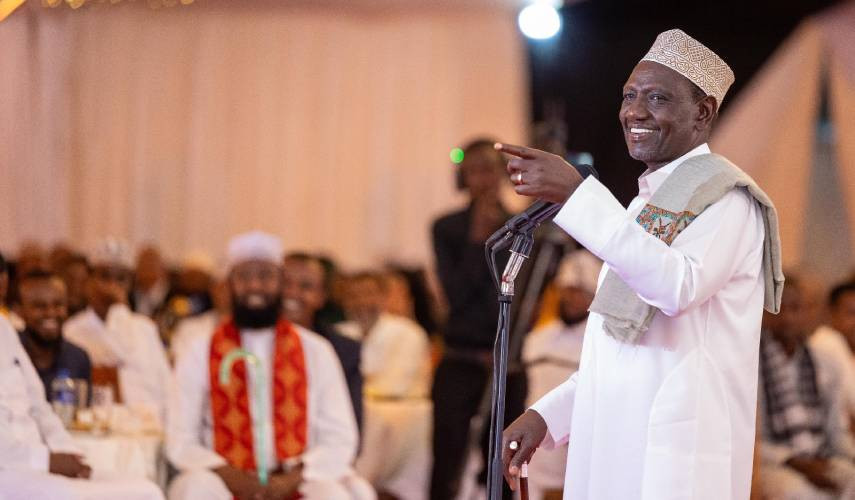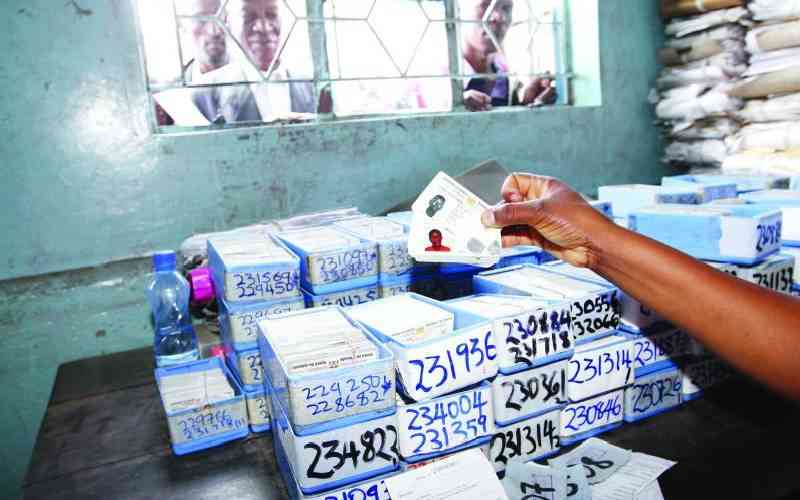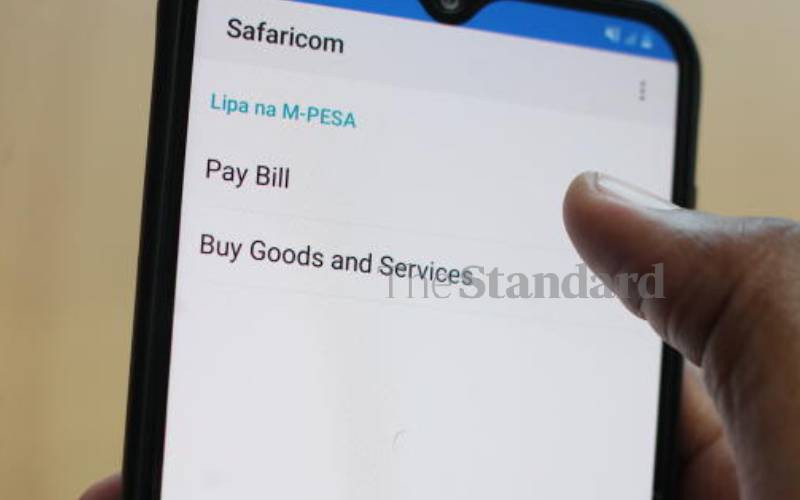"I'm sorry sir, we don't take cash." While we're all familiar with places refusing cards, not having contactless or having to take a trip to the nearest ATM to pay - one coffee shop has taken the exact opposite route.
Browns of Brockley, an independent café in east-London has become the UK's latest small business to go completely cashless - its owner says the decision has actually boosted his profits and seen more customers come through the doors too.
Its founder, Ross Brown cut ties with cash back in January after a trip to Sweden last year, where he discovered cash is almost obsolete.
"While I was away we visited a number of chains, pop-up restaurants, and other places that might require cash payment in the UK, but we didn't need to handle cash in any of them in Sweden - I didn't withdraw money once."
Ross says his holiday left him quickly questioning why British businesses invest so much time and money in cash - and even tills - that customers don't even want.
"Around 70% of our customers today pay by card, yet we spend up to five hours a week cashing up, counting the float and banking the cash.
"On top of this time consuming task, any discrepancies have to be cleared with my team of 12 - and then we have to deposit it at the bank, which costs more cash. It's such a faff.
"I'd been tempted over the idea of a cashless café for months after my trip, but it wasn't until I spotted an article on 'cashless-ness' in the New Yorker that I finally decided to take the plunge.
"We spoke to staff, consulted regular customers, and met with our merchant supplier to make sure the move was feasible and in our customer’s best interests. The feedback was incredibly positive - so we took the leap."
'Our customers haven't even noticed'
Ross says one of the perks of having a one-off local shop is that you get to know your customers, so much so that they were able to actually ask them what they thought of the café going cashless: "People just weren't phased."
When Browns of Brockley first opened its doors to card payments in 2011, 80% of transactions passed through tills were in cash - with just 20% on card.
However, in January this year, the tables had turned, with 70% of payments made through contactless, chip and pin terminals and smartphones - and just 30% in cash.
"When we first made the switch, our customers didn't even pick up on it - card had already become the norm.
"Admittedly we did receive one or two complaints at the time of the switchover, but that's what happens with change. We manage 2,000 fuss-free transactions a week - which I'd say is a positive amount.
Stay informed. Subscribe to our newsletter
"If anything, I'd say the switch to cashless has improved our efficiency and even given our profits a welcome boost.
"Eventually, we want to go 100% contactless as it’s quicker for all parties. But we do understand that our customers, and ourselves, are not yet ready for a completely contactless café."
'A better life for our staff'
Ross says the decision to quit cash has saved his business heaps of time - and money - over the past six months, despite having to pay Visa a fraction of every sale passed through his terminals.
"What people often don't realise is that for businesses, it's not free to deposit money into a bank. We have to pay a fee each time.
"Add this to a full working day a week spent counting the float, takings and tracking down transactions - and you've lost a huge amount of time and money.
"Our staff now leave on time every day. We're also now able to spend more money on training and workshops to further everyone's skills and knowledge.
'A better life for our staff'
Ross says the decision to quit cash has saved his business heaps of time - and money - over the past six months, despite having to pay Visa a fraction of every sale passed through his terminals.
"What people often don't realise is that for businesses, it's not free to deposit money into a bank. We have to pay a fee each time.
"Add this to a full working day a week spent counting the float, takings and tracking down transactions - and you've lost a huge amount of time and money.
"Our staff now leave on time every day. We're also now able to spend more money on training and workshops to further everyone's skills and knowledge.
Are Brits about to divorce cash?
Last year, 15.4 billion payments were made using notes and coins, compared with 11.6 billion on debit cards, according to figures from Payments UK.
But the gap is closing fast, and some experts say the days of cash are now numbered - predicting it could be wiped out as early as 2018.
Sophie Guibaud, from digital bank Fidor explains: "It's time we accepted a new reality that cash has reached its final days and the future is cashless," she said.
“There are simple reasons why we are moving to a cashless society, not just in the UK but across the world. The cost of physical paper and coin cash - handling it, securing it, insuring it - is huge for banks and merchants.
"It's inconvenient for consumers, too, as it weighs down their pockets and can easily be stolen, leaving no trace which leads back to its rightful owner."
Kevin Jenkins, managing director of Visa UK & Ireland, agrees: "For consumers, being able to pay digitally means not having to worry about carrying cash with them and knowing they can still make the purchases they want, wherever they want.
“For businesses it means they are meeting the needs of their customers. We see the future of payment as mobile and digital with cash increasingly becoming peculiar."
But Stuart Dowling, marketing manager at banking solutions firm Cennox says the future is in fact quite the opposite - with ATMs becoming ever more useful.
“Cash is going to be around for a long time yet and we are all going to need somewhere to get hold of it and to pay it into our accounts.”
The expert predicts future cash machines will be more like public computing devices offering us advice on everything from mortgage advice to financial comparison services.
“We are also going to see far more sophisticated machines in convenience stores, petrol stations or at one-off events like rock festivals,” he added.
 The Standard Group Plc is a
multi-media organization with investments in media platforms spanning newspaper
print operations, television, radio broadcasting, digital and online services. The
Standard Group is recognized as a leading multi-media house in Kenya with a key
influence in matters of national and international interest.
The Standard Group Plc is a
multi-media organization with investments in media platforms spanning newspaper
print operations, television, radio broadcasting, digital and online services. The
Standard Group is recognized as a leading multi-media house in Kenya with a key
influence in matters of national and international interest.
 The Standard Group Plc is a
multi-media organization with investments in media platforms spanning newspaper
print operations, television, radio broadcasting, digital and online services. The
Standard Group is recognized as a leading multi-media house in Kenya with a key
influence in matters of national and international interest.
The Standard Group Plc is a
multi-media organization with investments in media platforms spanning newspaper
print operations, television, radio broadcasting, digital and online services. The
Standard Group is recognized as a leading multi-media house in Kenya with a key
influence in matters of national and international interest.









